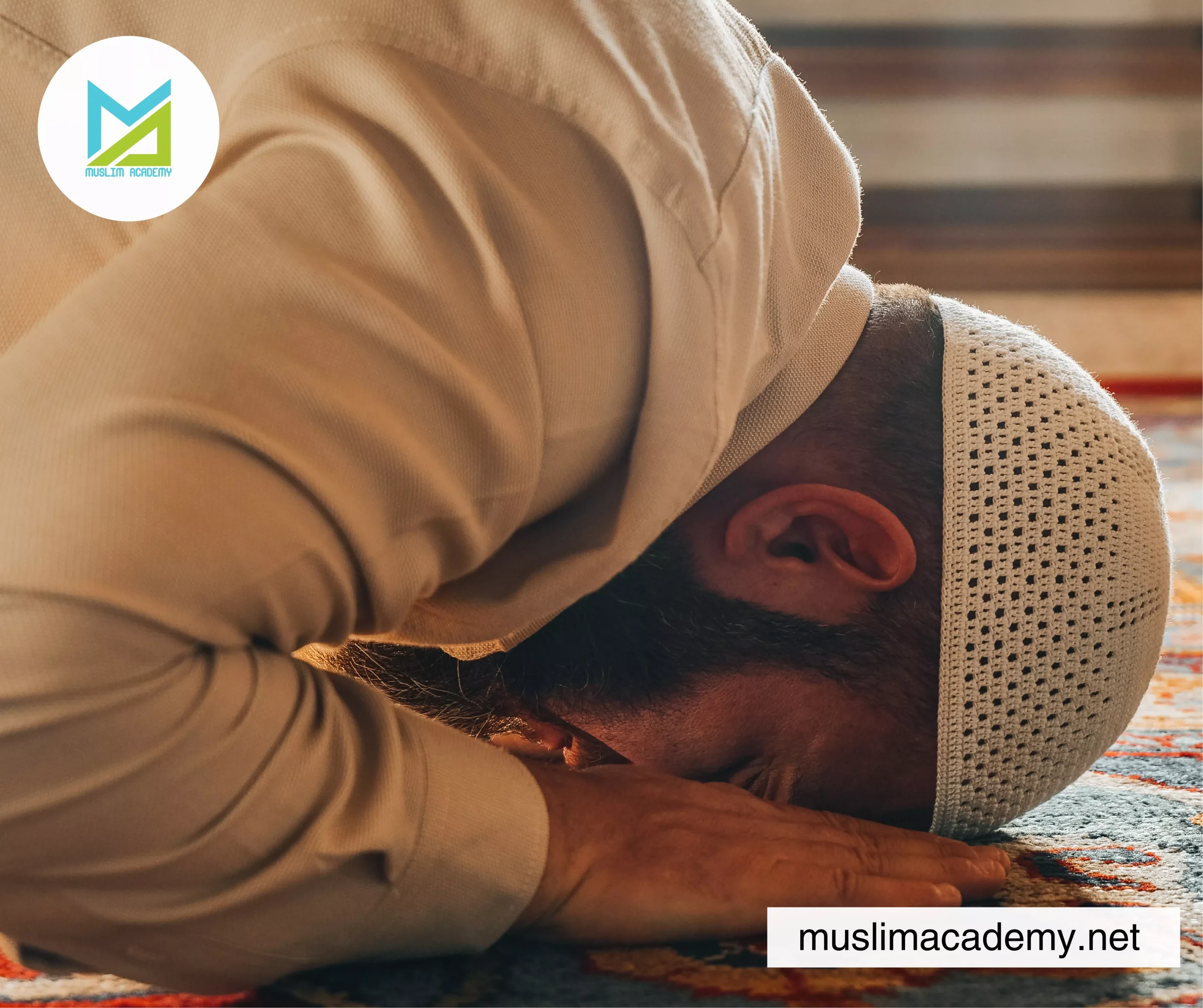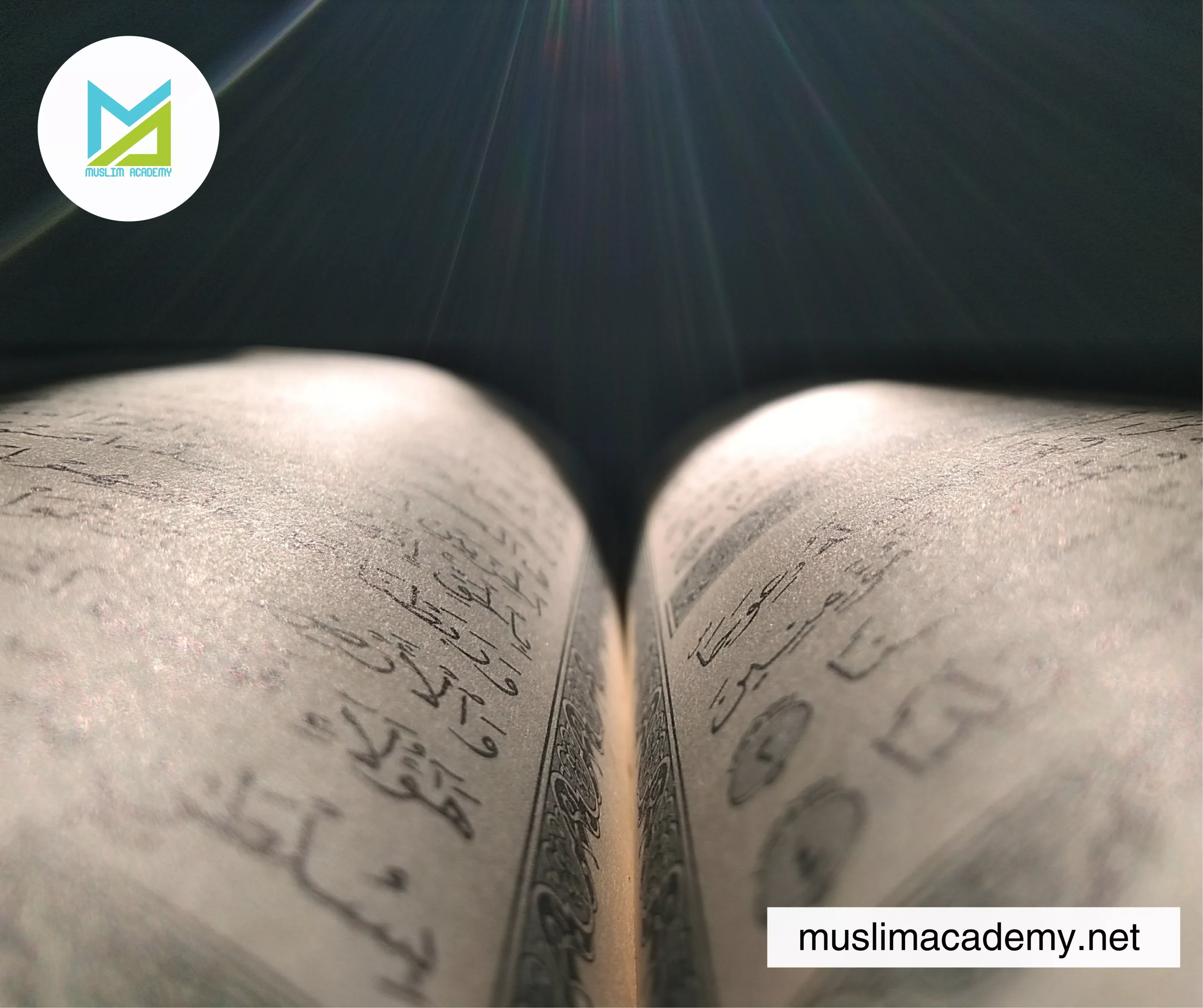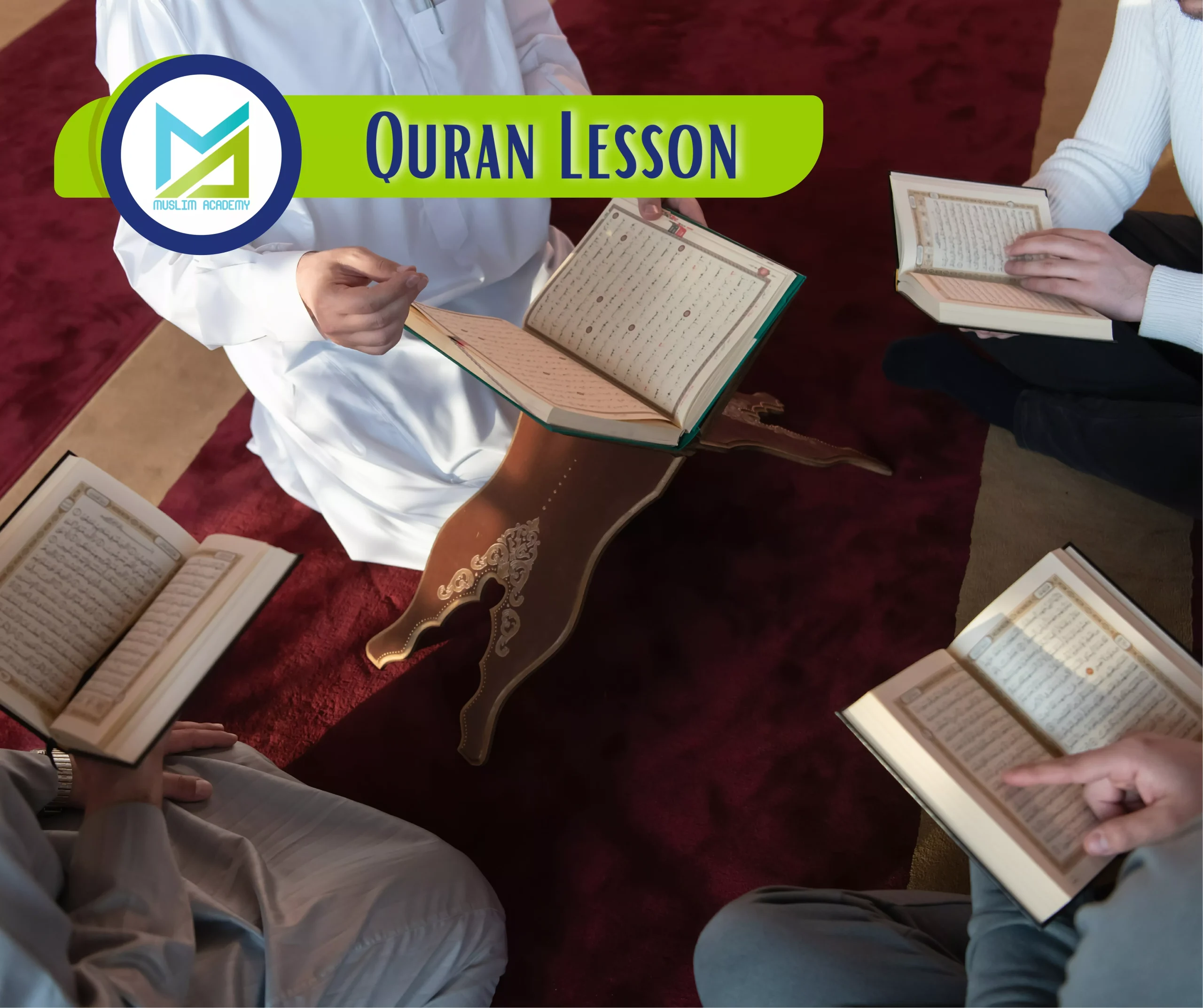Start Online Quran Classes with Muslim Academy
https://muslimacademy.net/index.php/free-trial/
The sacred practice of studying the Holy Quran has been a cornerstone of Islamic education for over fourteen centuries. Every Quran Lesson with Muslim Academy represents not merely an academic exercise but a profound spiritual journey that connects believers with divine guidance and timeless wisdom. In today’s rapidly evolving world, the methods and approaches to delivering Quranic education have transformed significantly, while the essence and reverence for this holy text remain unchanged.
The Foundation of Islamic Learning
A well-structured Quran Lesson with Muslim Academy serves as the foundation upon which all Islamic knowledge is built. Unlike secular subjects that focus primarily on intellectual development, Quranic studies encompass spiritual, moral, and intellectual growth simultaneously. Students embarking on their journey of Quranic learning discover that each session offers multiple layers of understanding, from basic recitation skills to deep theological insights that can take years to fully comprehend.
The traditional approach to Quranic education has always emphasized the importance of proper methodology. Experienced teachers understand that every Quran Lesson with Muslim Academy must balance several key components: accurate pronunciation through tajweed rules, comprehension of Arabic meanings, understanding of historical context, and practical application of teachings in daily life. This holistic approach ensures that students don’t merely memorize verses but develop a genuine connection with the text.
Modern educational psychology has validated many traditional Islamic teaching methods, particularly the emphasis on repetition, gradual progression, and the integration of multiple learning modalities. Today’s educators recognize that an effective Quran Lesson with Muslim Academy must accommodate different learning styles, whether visual, auditory, or kinesthetic, to ensure that every student can access and benefit from the divine wisdom contained within the text.
Structural Elements of Effective Quranic Education
The architecture of a comprehensive Quran Lesson with Muslim Academy typically begins with proper preparation and mental readiness. Students are encouraged to approach their studies with a pure heart and sincere intention, understanding that they are about to engage with a sacred text that Muslims believe contains the direct words of Allah. This spiritual preparation sets the tone for meaningful learning and helps students maintain focus and reverence throughout their studies.
Recitation practice forms the backbone of most Quranic lessons. Students learn to pronounce Arabic letters correctly, master the various rules of tajweed, and develop fluency in reading the Quranic script. This process requires patience and consistent practice, as the Arabic language contains sounds that may not exist in students’ native languages. Skilled instructors guide students through this process gradually, ensuring that pronunciation errors are corrected early before they become habitual.
Comprehension activities represent another crucial component of modern Quranic education. While traditional methods often focused primarily on memorization and recitation, contemporary approaches emphasize understanding the meanings and messages contained within the verses. Students explore word-by-word translations, examine the historical context of revelations, and discuss the practical implications of Quranic teachings in modern contexts.

Technological Integration in Modern Quranic Studies
The digital revolution has transformed how Quran lessons are conducted at Muslim Academy across the globe. Interactive applications now allow students to hear perfect pronunciations from renowned reciters, follow along with highlighted text, and access instant translations in dozens of languages. These technological tools have made high-quality Quranic education accessible to Muslims living in remote areas or communities where qualified teachers may not be readily available.
Virtual classrooms have emerged as powerful platforms for Quranic education, enabling students to receive personalized instruction from qualified scholars regardless of geographic boundaries. These online sessions maintain the interactive nature of traditional Islamic education while providing the convenience and flexibility that modern lifestyles often demand. Students can record sessions for later review, participate in group discussions with peers from around the world, and access supplementary materials that enhance their understanding.
Artificial intelligence and machine learning technologies are beginning to play supportive roles in Quranic education. Some applications can now analyze student recitations and provide feedback on pronunciation accuracy, suggest areas for improvement, and track progress over time. While these tools cannot replace the wisdom and guidance of qualified human teachers, they serve as valuable supplements that help students practice and improve between formal lessons.
Age-Appropriate Methodologies
The approach to conducting a Quran Lesson with Muslim Academy varies significantly depending on the age and developmental stage of the students. Young children typically begin with basic Arabic alphabet recognition, simple verses, and engaging activities that make learning enjoyable. Storytelling, songs, and games help maintain children’s interest while introducing them to Quranic concepts in age-appropriate ways.
Adolescent students often benefit from more analytical approaches that allow them to explore the intellectual depths of Quranic teachings. Discussions about moral and ethical principles, comparisons with contemporary issues, and opportunities to ask questions help teenage students develop mature relationships with their faith. This age group particularly benefits from understanding how Quranic principles apply to the modern challenges they face in their daily lives.
Adult learners bring unique perspectives and needs to their Quranic studies. Whether they are new converts to Islam seeking to understand their adopted faith or lifelong Muslims looking to deepen their knowledge, adult students often appreciate comprehensive approaches that connect Quranic teachings to their professional, family, and social responsibilities. A well-designed Quran Lesson with Muslim Academy for adults incorporates practical applications and encourages reflection on personal spiritual growth.
Cultural Sensitivity and Global Perspectives
As Islam continues to spread across diverse cultural contexts, effective Quran lessons with Muslim Academy planning must consider the cultural backgrounds and experiences of students. While the Quranic text itself remains constant, teaching methodologies can be adapted to resonate with different cultural sensibilities without compromising the integrity of the message.
In multicultural societies, Quranic educators often find themselves teaching students from various ethnic, linguistic, and cultural backgrounds within the same classroom. This diversity can enrich the learning experience, as students bring different perspectives and insights to their collective study of the text. Skilled teachers learn to leverage this diversity as a teaching tool, encouraging students to share how Quranic principles manifest in their respective cultural contexts.
The global nature of the Muslim community means that a Quran Lesson with Muslim Academy conducted in one part of the world may include students connecting from multiple continents. This international perspective helps students understand the universal nature of Islamic teachings while appreciating the rich diversity within the global Muslim ummah.

Assessment and Progress Evaluation
Measuring progress in Quranic studies requires a multifaceted approach that goes beyond traditional testing methods. While recitation accuracy and memorization remain important benchmarks, comprehensive evaluation also considers students’ understanding of meanings, ability to apply teachings in practical situations, and development of spiritual consciousness.
Modern assessment techniques in Quranic education often include portfolio-based evaluations where students compile their work over time, demonstrating growth in various aspects of their studies. Peer assessment activities encourage students to help each other improve while developing critical thinking skills about Quranic content.
Self-reflection exercises play a crucial role in Quranic education assessment. Students are encouraged to regularly evaluate their progress, identify areas where they need additional support, and set personal goals for their continued learning. This introspective approach helps develop the self-awareness that Islamic education seeks to cultivate.
Building Community Through Shared Learning
One of the most beautiful aspects of traditional Islamic education is its emphasis on community learning. A successful Quran Lesson with Muslim Academy often extends beyond the formal instructional period to include opportunities for students to support each other’s learning journeys. Study circles, peer mentoring programs, and collaborative projects help build strong bonds within the learning community.
Family involvement represents another crucial element of effective Quranic education. When parents and siblings participate in or support a student’s Quranic learning, the lessons extend naturally into the home environment. This creates a reinforcing cycle where Quranic values and teachings become integrated into daily family life.
Community events such as Quran recitation competitions, group discussions, and service projects help students apply their learning in broader contexts. These activities demonstrate how Quranic teachings translate into positive community engagement and social responsibility.
Future Directions and Innovations
As educational methodologies continue to evolve, the future of Quranic education looks toward innovative approaches that maintain traditional reverence while embracing helpful modern tools. Virtual reality experiences may soon allow students to virtually visit historical Islamic sites mentioned in the Quran, providing an immersive context for their studies.
Personalized learning algorithms are being developed to create customized study plans that adapt to individual student needs, learning speeds, and areas of interest. These systems can identify when a student is struggling with particular concepts and automatically provide additional resources and practice opportunities.
The integration of social learning platforms is creating new opportunities for students to connect with peers and scholars worldwide, fostering a global community of Quranic learners who support and inspire each other’s spiritual and intellectual growth.
Conclusion
The timeless practice of Quranic education continues to evolve while maintaining its essential spiritual and educational objectives. Whether delivered through traditional face-to-face instruction or cutting-edge digital platforms, every Quran Lesson with Muslim Academy carries the potential to transform lives and strengthen faith. As we move forward, the challenge for educators lies in preserving the sacred nature of this education while making it accessible, engaging, and relevant to students living in an increasingly complex world.
The success of any Quranic educational program ultimately depends not on the sophistication of its methods or technologies, but on the sincerity of intention, dedication to authentic scholarship, and commitment to nurturing both intellectual understanding and spiritual growth. When these elements come together effectively, each Quran Lesson with Muslim Academy becomes a stepping stone on the path toward greater wisdom, compassion, and closeness to the divine.
